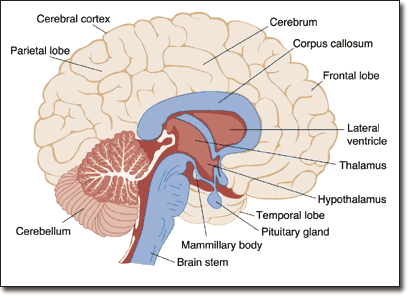Tag
CTE
-
Covering sports concussions: Some takeaways from the #AHCJ16 panel
Conversations about concussions, traumatic brain injury and chronic traumatic encephalopathy (CTE) have become more common in recent years as many…

-
•
Investigation reveals abuses at brain rehab institute
Bloomberg’s David Armstrong has assembled an investigation of a huge Florida center for brain injury rehabilitation with a record of…

-
•
Brain damage caused by football is cumulative
The Philadelphia Daily News has released “Deadly Aftershocks,” an in-depth look at the effect of the day-to-day bumps and knocks…


